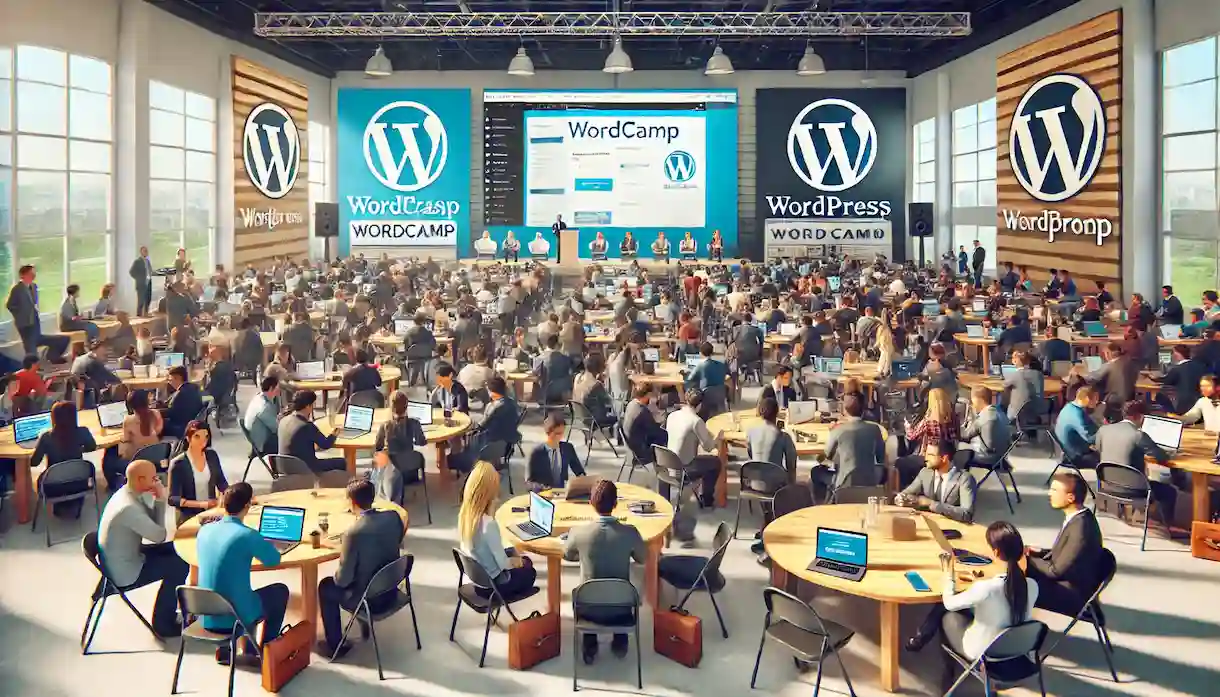Janus Boye asserts that open-source CMS platforms must adapt or face obsolescence. However, an opinion is nothing without data and arguments to back it up.
First, Boye points out that these platforms are neither the fastest nor the most efficient when it comes to adopting artificial intelligence (AI). He links this to another issue: the long lifespans and extended development cycles of the most popular open-source CMS platforms, which hinder their ability to integrate AI—or any other new technology.
Secondly, he delves into governance issues, which were starkly highlighted in the recent WordPress vs. WP Engine dispute. While not all open-source CMS platforms face the same challenges, Boye suggests that governance across the board could benefit from improvements.
He also notes that the user base and even the communities behind these platforms are aging, with few new contributors stepping in. Furthermore, these communities could be healthier and more equitable.
Boye continues by stating that many of these platforms rely heavily on individuals with advanced technical knowledge, often sidelining other critical departments, such as marketing, that should play a more prominent role.
Finally, he highlights the need for improvements in accessibility and security—areas where open-source CMS platforms are often criticized, sometimes unfairly.
My Opinion
It is true that open-source software is not always the quickest to adopt new innovations. However, platforms like WordPress already integrate some AI features through Jetpack and various extensions, and Automattic has recently acquired an AI startup. Similarly, Drupal is prioritizing AI in the development of its CMS. On this point, I can only partially agree with Boye.
Governance is another area where improvements are always possible, but the issues seem more pronounced in WordPress than in other open-source platforms. While the ongoing conflict between Automattic and WP Engine has had repercussions, I don’t believe it will significantly affect WordPress in the long term.
It’s also worth noting that WordPress, Joomla, and Drupal together hold over 65% of the market share. Despite the challenges, they are clearly doing quite well overall.
Generational turnover is a legitimate concern for older open-source projects, and it’s an issue that needs addressing. Likewise, focusing on technical improvements should remain a priority, but there’s room for better communication, marketing, and other crucial areas.
Lastly, many open-source communities could benefit from greater diversity. In some cases, these communities are somewhat insular, and the same faces tend to dominate events repeatedly. Diversifying participation would undoubtedly strengthen these ecosystems.
Note: Article originally written in Spanish, translated with ChatGPT, and reviewed in english by Jorge Mediavilla.

